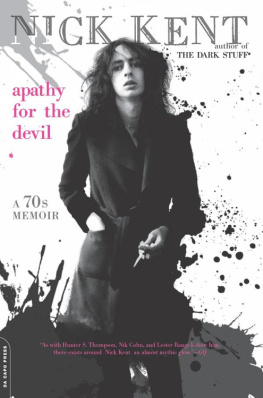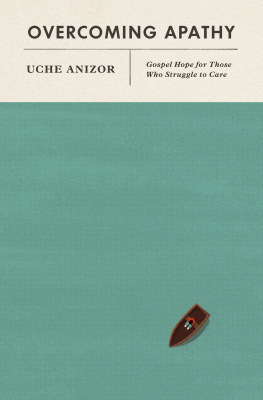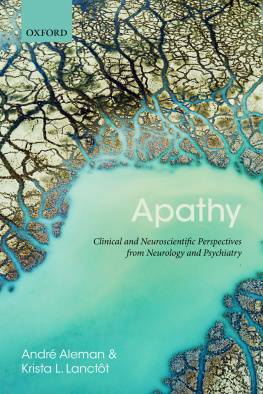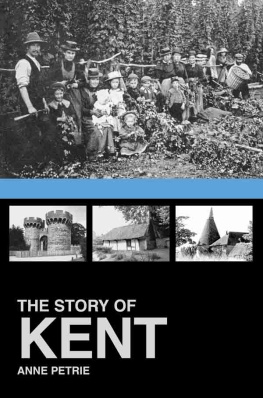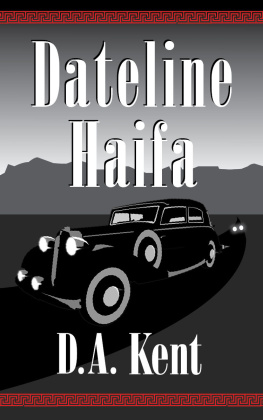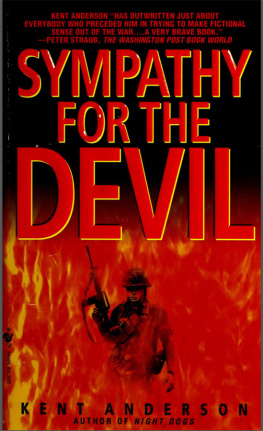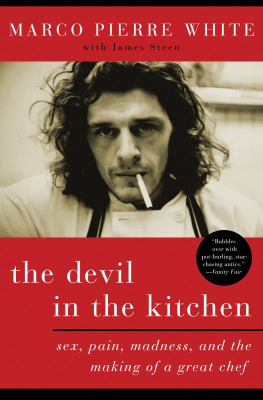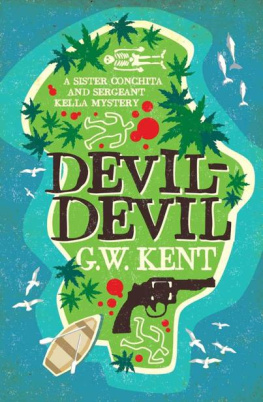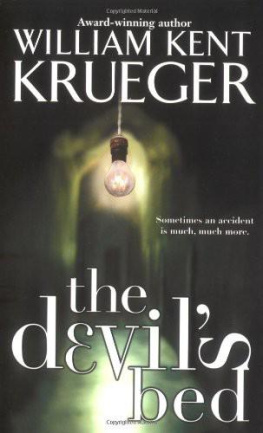Nick Kent - Apathy for the Devil: A Seventies Memoir
Here you can read online Nick Kent - Apathy for the Devil: A Seventies Memoir full text of the book (entire story) in english for free. Download pdf and epub, get meaning, cover and reviews about this ebook. year: 2010, publisher: Da Capo Press, genre: Non-fiction. Description of the work, (preface) as well as reviews are available. Best literature library LitArk.com created for fans of good reading and offers a wide selection of genres:
Romance novel
Science fiction
Adventure
Detective
Science
History
Home and family
Prose
Art
Politics
Computer
Non-fiction
Religion
Business
Children
Humor
Choose a favorite category and find really read worthwhile books. Enjoy immersion in the world of imagination, feel the emotions of the characters or learn something new for yourself, make an fascinating discovery.
- Book:Apathy for the Devil: A Seventies Memoir
- Author:
- Publisher:Da Capo Press
- Genre:
- Year:2010
- Rating:4 / 5
- Favourites:Add to favourites
- Your mark:
- 80
- 1
- 2
- 3
- 4
- 5
Apathy for the Devil: A Seventies Memoir: summary, description and annotation
We offer to read an annotation, description, summary or preface (depends on what the author of the book "Apathy for the Devil: A Seventies Memoir" wrote himself). If you haven't found the necessary information about the book — write in the comments, we will try to find it.
Apathy for the Devil: A Seventies Memoir — read online for free the complete book (whole text) full work
Below is the text of the book, divided by pages. System saving the place of the last page read, allows you to conveniently read the book "Apathy for the Devil: A Seventies Memoir" online for free, without having to search again every time where you left off. Put a bookmark, and you can go to the page where you finished reading at any time.
Font size:
Interval:
Bookmark:
A Seventies Memoir
Nick Kent

This book is dedicated to the ones I love Adrian and
Margaret, Laurence and Jimmy
1970
When you get right down to it, the human memory is a deceitful organ to have to rely on. Past reality gets confused with wishful fantasy as the years march on and you can never really guarantee that youre replaying the unvarnished truth back to yourself. Ive tried to protect my memories, to keep them pristine and authentic, but its been easier said than done.
Music remains the only key that can unlock the past for me in a way that I can inherently trust. A song from the old days strikes up and instantly a film is projected in my head, albeit an unedited one without a linear plot line; just random scenes thrown together to appease my reflective mood of the moment. For example, someone just has to play an early Joni Mitchell track or one of David Crosbys dreamy ocean songs and their chords of enquiry instantly transport me back to the Brighton of 1969 with its Technicolor skies, pebble-strewn beach and jaunty air of sweetly decaying Regency splendour. I am dimple-faced and lanky and wandering lonely as a clod through its backstreets and arcades looking longingly at the other people in my path: the boys enshrouded in ill-fitting greatcoats and sagebrush beards and the bra-less girls in long skirts sporting curtains of unstyled hair to frame their fresh inquisitive faces.
It was at these girls in particular that my longing looks were aimed. Direct contact was simply not an option at this juncture of my life. Staring forlornly at their passing forms was the only alternative. This is what happens when you dont have a sister and have been sidetracked into single-sex schooling systems since the age of eleven: women start to exert a strange and terrible fascination, one born of sexual and romantic frustrations as well as complete ignorance of their emotional agendas and basic thought processes.
And so it was that on December 31st 1969 I found myself glumly ruminating on my destiny to date. I kept returning to its central dilemma: I had just turned eighteen and yet I had never even been kissed passionately by a lady. It was an ongoing bloody tragedy.
But then it suddenly all changed just as everyone was counting out the final seconds of the sixties and getting ready to welcome in 1970. I was in a pub in Cardiff when a beautiful woman impulsively grabbed me and forced her beer-caked tongue down my throat. She was a student nurse down from the Valleys with her mates to see the new decade in, she told me giddily. She had long brown hair and wore a beige minidress that showed off her buxom physique to bewitching effect. She smiled at me so seductively our bodies just sank into each other. In a room full of inebriated Welsh people, I let my hands wander over her breasts and buttocks. So this was what the poets were talking about when they invoked the phrase all earthly ecstasy. Suddenly, a door had opened and the sensual world was mine to embrace.
It was only a fleeting fumble. At 12.05 I unwrapped myself from her perfumed embrace for some thirty seconds in order to seek the whereabouts of a male friend whod brought me there only to return and find the same woman locked in an amorous clinch with a bearded midget. The door to all earthly pleasure had slammed shut on me almost as soon as it had swung open and yet I left the hostelry still giddy with elation. At last Id been granted my initiation into fleshy desire. I was no longer on the outside looking in, like that cloying song by Little Anthony & the Imperials. And it had all happened just at the exact moment that the seventies had been ushered in to raucous rejoicing. I sensed right there and then that the new decade and I were made for each other.
On the train back to Paddington the next day Id been visiting old friends in Cardiff the night before, catching up on their adventures ever since Id moved almost two years earlier from there to Horsham in Sussex, a mere thirty-mile whistle-stop from London I felt further compelled to review my sheltered life thus far. Everywhere around me in the new pop counter-culture of Great Britain and elsewhere, young people were gleefully surrendering themselves to states of chemically induced rapture, growing hair from every conceivable pore of their bodies and cultivating sundry grievances against the man. And yet I was still stuck at home with my parents, whod brainwashed me into believing that my adult life would be totally hamstrung without the benefits of a full university education and degree. As a result, most of my time was being spent furtively spoon-feeding ancient knowledge into my cranium until it somehow stuck to the walls.
It wasnt a particularly easy process. I cared not a fig for Martin Luther or his Diet of Worms. But I had three A levels to sit English, French and History in May and had to somehow cram all the arcane details of each syllabus into my consciousness in order to get winning results. In retrospect, it wasnt all a pointless procedure. The French I was studying would hold me in good stead when I came to live in Paris in my late thirties. My English A-level studies involved poring briefly over the poetry of both Yeats and T. S. Eliot, and both had a forceful impact on my own burgeoning literary aspirations. But then thered be long mind-numbing sessions of having to grapple with the lofty moral agenda laid out in the collected works of John Milton.
In Paradise Lost Milton spelt it out to the sinners: temperance the golden mean is what humankind needed to adopt as an all-embracing lifestyle if they truly want to get right with God. Wise words, but somewhat wasted on an eighteen-year-old virgin just counting the days before he can catapult himself over to the wild side of life.
My father was a great admirer of John Milton also. His all-time favourite poem was Miltons On His Blindness. Hed often quote the final line: They also serve who only stand and waite. It fitted his overall view of an all-inclusive humanity. My father was a thoughtful man whod had his young life thrown into turmoil first as a child by his own fathers bankruptcy and then in his early twenties by having to fight overseas throughout most of the Second World War. He returned in 1945 with the after-effects of undiagnosed malaria and severe rheumatoid arthritis partly instigated from falling out of a moving truck and landing flat on his back on a dirt road in North Africa.
He and my mother, an infant-school teacher born and raised in the North of England, had already met two years earlier in a wartime canteen and had begun an ardent correspondence. They married in 1945 at wars end and moved into a two-storey house in North Londons Mill Hill area that same year. At first they were told by various doctors that my mother would be unable to conceive, but in April of 1951 she discovered she was pregnant. I arrived on Christmas Eve of that year after a long and complicated birth. My parents couldnt believe their good fortune and rightly sensing that I would be their only offspring showered me with affection.
So often these days people tartly evoke Philip Larkins damning lines about family ties They fuck you up, your mum and dad. / They may not mean to, but they do as if it sums up the whole parental process in one bitter little sound bite. But my parents never fucked me up. They didnt beat me or abuse me. They loved me and fed me and encouraged me to think about everything, to develop my own value system and stretch my attention span. Above all else, they introduced me from a very early age to the sensation of having ones senses engulfed by art. Classical music streamed through our living room constantly. Much of it particularly Beethoven and Richard Wagner I found unsettlingly bombastic but the works of Debussy and Ravel were also played often and their enchanted melodies wove into my newly emerging brain-span like aural fairy dust. To this day, Debussys music can still stimulate within me a sense of inner well-being more profound than anything else Ive ever known. It is the sound of all that unconditional love pouring down on me as a little child.
Font size:
Interval:
Bookmark:
Similar books «Apathy for the Devil: A Seventies Memoir»
Look at similar books to Apathy for the Devil: A Seventies Memoir. We have selected literature similar in name and meaning in the hope of providing readers with more options to find new, interesting, not yet read works.
Discussion, reviews of the book Apathy for the Devil: A Seventies Memoir and just readers' own opinions. Leave your comments, write what you think about the work, its meaning or the main characters. Specify what exactly you liked and what you didn't like, and why you think so.

